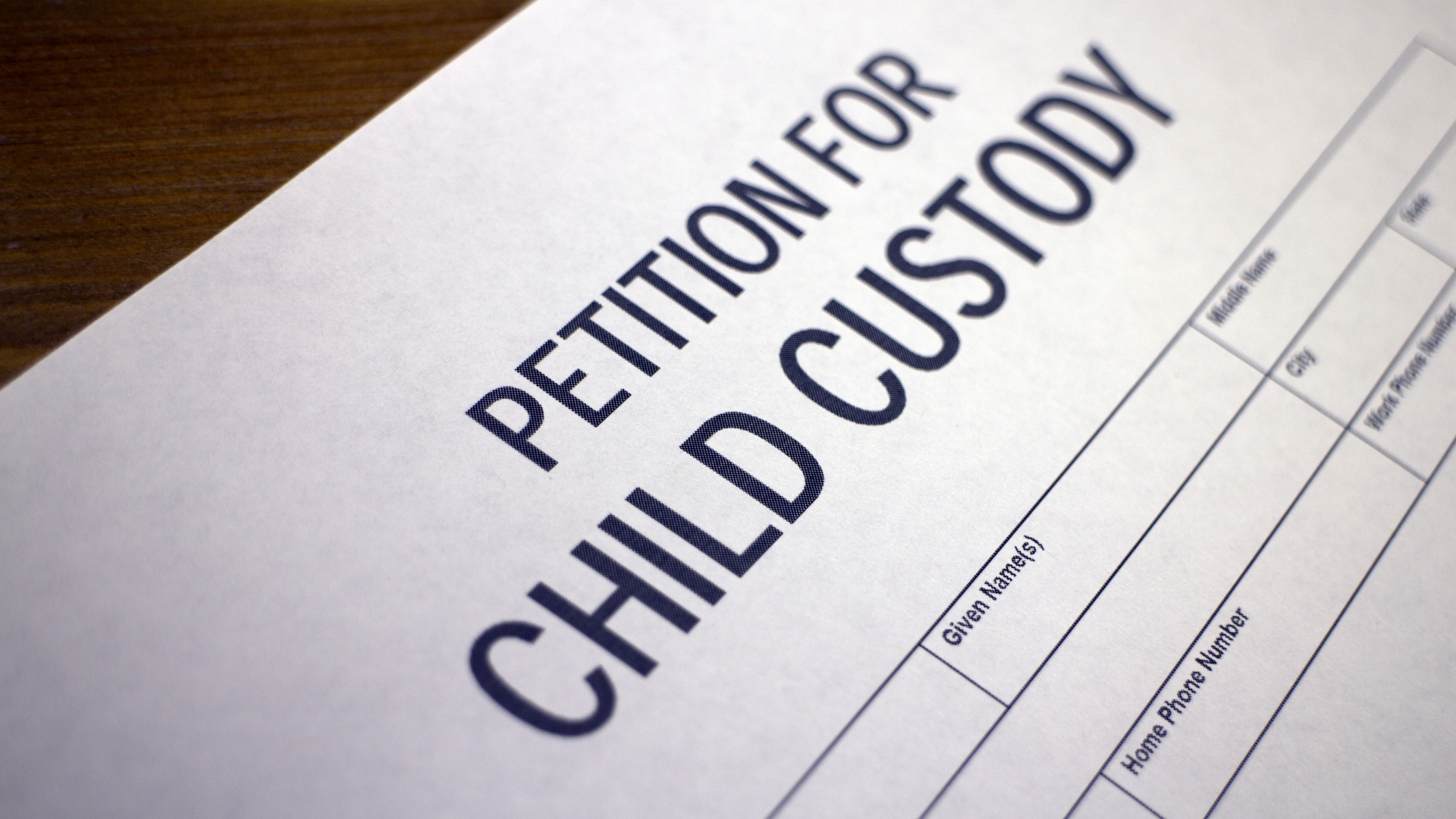Statistics show that more fathers than mothers are asked for their input and assistance with their children’s lives. While this is a great sign of increased equality in parenting, it also presents some challenges. Fathers often question the validity of their opinions and advice, and it’s hard to feel empowered and confident in your role as a parent.
Child custody can be complicated. Whether you’re a new or soon-to-be father or if you’re seeking legal custody of your grandchildren, you will need to know how to navigate the legalities of child custody. Child custody laws can vary from state to state, but the basic guidelines are fairly consistent. So, before embarking on your child custody journey you must know the rules and regulations of your state.
Open communication and mutual trust are important
Establishing friendly but firm relationships with your soon-to-be ex-spouse and your soon-to-be ex-spouse’s children is important. It’s critical that you and your soon-to-be ex-spouse are on the same page regarding parenting styles and how you will handle child custody, as when you separate because how you parent now will affect your children.
Be Actively Involved with your child
Being involved in your child’s life is one of the most rewarding things a parent can do. Still, it’s important to remember that being involved doesn’t mean taking control or making decisions without consulting the other parent. Custody battles can be extremely stressful for you and your child, so it’s important to remember that you’re in this together. Being involved also means being proactive when making choices for your child and trying to devise solutions with them whenever possible. The more involved you are, the more opportunities you have to help your child learn life skills and make good decisions in the future.
Provide the financial and emotional needs of your children
The topic of child custody is typically difficult because it deals with some of the deepest feelings parents have for their kids. Financially, child custody decisions are often based on a parent’s earnings since the court wants to ensure that one parent isn’t footing the bill for the kids’ living expenses. Emotionally, child custody decisions are often based on a parent’s relationship with their kids. The court wants to make sure that both parents are actively involved in their kids’ lives and that both parents play equal roles as parents.
Parenting Skills & Responsibilities
Father-child relationships can take many forms, from amicable to contentious, and it’s usually up to fathers to do whatever they can to be loving and supportive parents. However, there are many situations where custody isn’t granted automatically (it’s called paternity), and fathers may lose custody of their children to a female partner. When this happens, fathers need to understand the parental rights and responsibilities they’re entitled to as fathers, and under current law and any future custody modifications that may be necessary.
Provide a Healthy, Stable Environment
There’s plenty to think about when you go to court for child custody, and one of the most important decisions is where you and the other parent will live. Who will get to see your child, and how often? You’ll want the court to make the best decision possible, and even though it’s not always easy, your parenting plan should provide a stable, healthy environment for you and your child. Creating a healthy relationship between both parents and their child is vital for their upbringing.
Common Pitfalls for Fathers
Being the Difficult Parent and Unwillingness to Co-Parent
Many divorced couples struggle to keep a solid relationship with their child. And for some, it can be a huge task to get their children to see the other side as “people” and not just as “the other parent’’, in a situation where the ‘other’ parents have lost their rights to see the child. But even more difficult is maintaining a relationship after a divorce with the other parent. In today’s society, co-parenting is not always easy; some divorced fathers find it more difficult than others.
Anger, Loss of Control, and Threats
Fathers who lose their child custody rights could be doing so without realizing how courts can be influenced by irrational incidents. Jealousy, anger, loss of control, and even threats to harm kids can all contribute to anger, and a judge will take that into consideration when rendering a decision.
Domestic Violence
When considering child custody, domestic violence laws should be reviewed. One of the pitfalls of domestic violence is that it can lead to the abuse of a child. Child custody laws should define what domestic violence is and give the court authority to protect children. Child custody questions can arise from domestic violence that is committed against either parent. If domestic violence is proven, a judge should order a no-contact order between the parties. This may help stop the abuse and prevent further prosecution.



